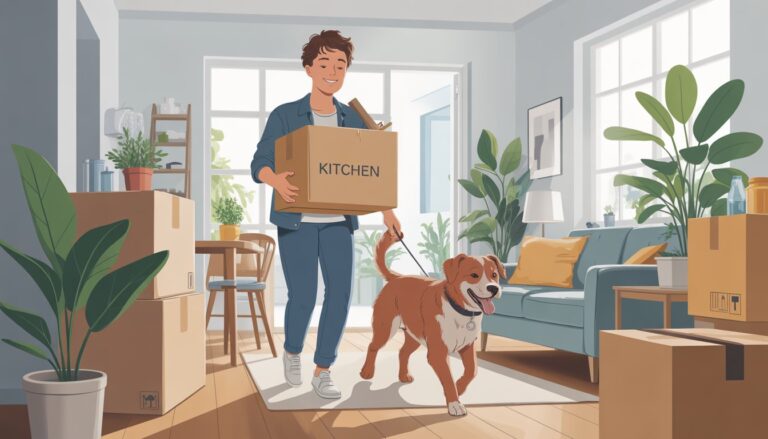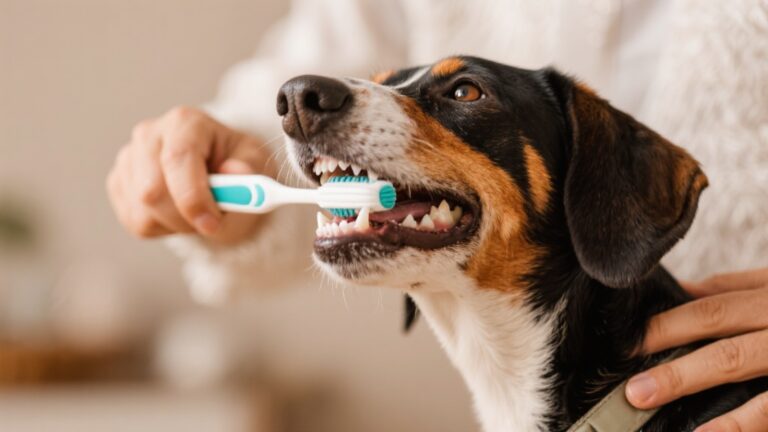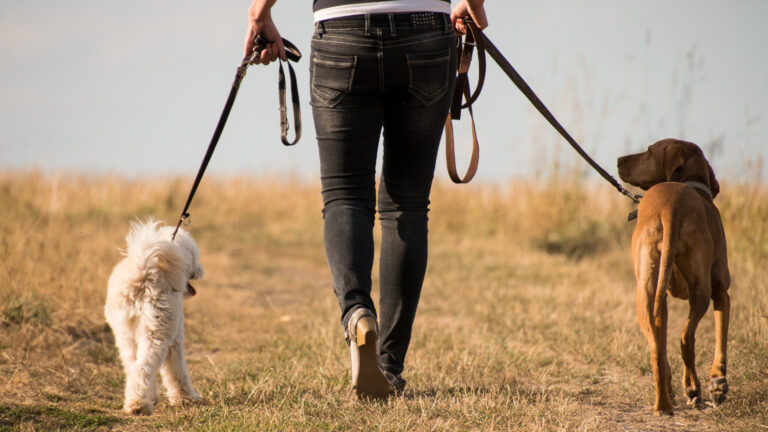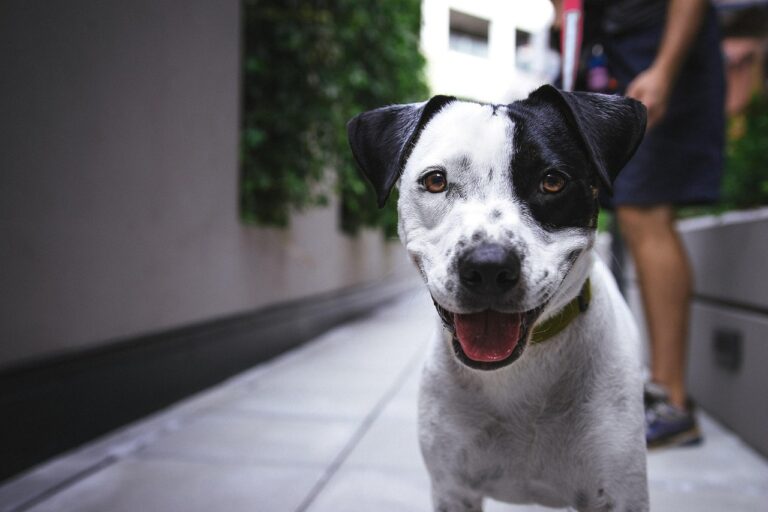Bringing home a puppy is exciting, heartwarming, and full of adorable moments. But the first few weeks can also be exhausting, overwhelming, and at times frustrating. Puppies require constant supervision, patience, and structure to grow into happy, well-behaved dogs.
Most owners know about house training and buying toys, but there are things no one really warns you about; the late nights, the biting, the energy bursts, and the emotional rollercoaster. The good news is that with the right approach, you can not only survive but enjoy these early months.
Your Puppy Will Test Your Patience
Puppies are naturally curious and have short attention spans. They will chew on shoes, nip at your hands, and sometimes ignore your calls. This is completely normal puppy behavior.
Coping strategies:
- Keep puppy-proofing your home by removing tempting items from reach.
- Redirect chewing to safe teething toys.
- Practice short, positive training sessions instead of long, strict lessons.
Patience is essential. Puppies learn best with consistency and gentle correction, not punishment.
Sleep Schedules Are Not Always Peaceful
Many new owners are surprised that puppies do not automatically sleep through the night. Your puppy may wake up multiple times for bathroom breaks or simply because they miss their littermates.
How to make nights easier:
- Use a crate near your bed so they feel secure.
- Stick to a bedtime routine: potty break, calm cuddle, lights out.
- Avoid late-night rough play that will make them too alert to sleep.
Over time, your puppy will settle into longer sleep stretches.
Potty Training Takes Time and Consistency
Housebreaking is one of the first and most important skills you will teach. But it rarely happens overnight.
Potty training basics:
- Take your puppy out first thing in the morning, after meals, after naps, and before bed.
- Praise and reward immediately after they go in the right spot.
- Watch for signs like sniffing, circling, or whining.
- Expect accidents and clean them with enzyme-based cleaners to remove scent cues.
Consistency is the fastest way to success.
Puppy Biting Is Normal (and Temporary)
Puppy teeth are sharp, and they use their mouths to explore everything including your hands, clothes, and hair.
How to manage biting:
- Redirect to a chew toy as soon as biting starts.
- Offer frozen teething rings or wet washcloths to soothe gums.
- Avoid rough play that encourages nipping.
With training and time, most puppies outgrow this stage by 6 months.
Socialization Is More Than Meeting Other Dogs
Socialization means introducing your puppy to different sights, sounds, people, and environments so they grow into a confident adult dog.
Ideas for positive socialization:
- Short walks in safe, low-traffic areas.
- Gentle introductions to friendly, vaccinated dogs.
- Exposure to things like umbrellas, bicycles, and car rides.
- Visits to pet-friendly stores for new experiences.
The goal is to teach your puppy that new things are safe, not scary.
Exercise Needs Are High, But Must Be Safe
Puppies are full of energy, but too much intense exercise can harm developing joints.
Safe exercise tips:
- Multiple short walks instead of long ones.
- Play sessions with soft toys and gentle fetch.
- Indoor games like hide-and-seek or scent training.
Overexercising a young puppy can lead to health problems later, so always keep sessions age-appropriate.
Mental Stimulation Prevents Mischief
A bored puppy will find ways to entertain themselves, usually in ways you won’t like. Mental stimulation is just as important as physical activity.
Enrichment ideas:
- Puzzle feeders to make mealtime exciting.
- Training sessions to teach simple commands.
- Rotating toys so they feel new.
Keeping their mind busy reduces destructive behaviors.
You Will Need to Manage Alone Time
If your puppy is never left alone, they may develop separation anxiety later.
Tips for independence:
- Start with very short absences and build up gradually.
- Use a safe space like a crate or playpen when you are out.
- Leave a treat or puzzle toy to keep them occupied.
Teaching your puppy to be okay alone is just as important as teaching them to be social.
Feeding Schedules and Nutrition Matter
Puppies need the right balance of nutrients for healthy growth. They also benefit from structured feeding times.
Feeding tips:
- Choose a high-quality puppy-specific food.
- Feed 3–4 small meals a day for young puppies.
- Avoid overfeeding, which can cause digestive issues.
- Provide fresh water at all times.
Good nutrition in the first months sets the stage for lifelong health.
Expect Setbacks and “Regression”
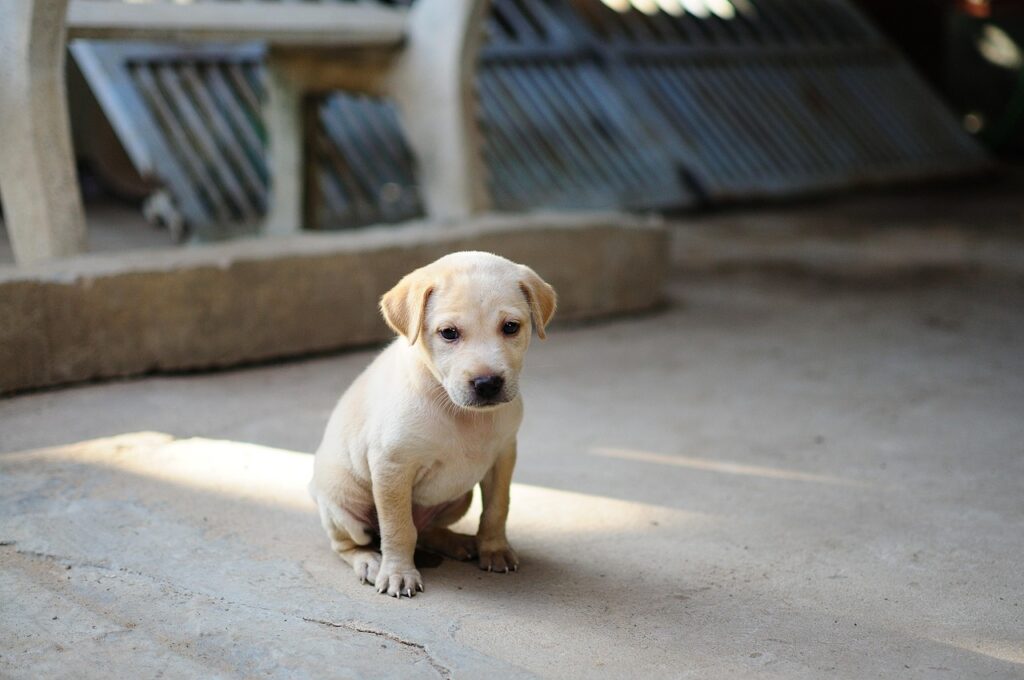
Just when you think you have mastered potty training or crate time, your puppy may suddenly start having accidents or barking again. This is normal and often linked to growth stages or changes in routine.
How to handle setbacks:
- Go back to basics and reinforce good habits.
- Keep training sessions positive and consistent.
- Be patient as most regressions are temporary.
Take Care of Your Own Well-Being Too
The first weeks with a puppy can be physically and emotionally demanding. Lack of sleep, constant supervision, and training challenges can leave you drained.
Self-care tips:
- Ask friends or family for help with walks or playtime.
- Use doggy daycare occasionally for a break.
- Remind yourself that this stage will pass.
A happy, healthy owner is better able to raise a happy, healthy puppy.
The First Vet Visits Are Crucial
Your puppy’s first veterinary visits will set the tone for their long-term health.
What to expect:
- Complete physical exam.
- Vaccination schedule planning.
- Parasite prevention (fleas, ticks, worms).
- Microchipping for identification.
Choose a vet who communicates clearly and makes your puppy feel comfortable.
Celebrate Small Wins
Progress can be slow, but every step forward matters; the first time they sleep through the night, come when called, or go potty outside without accidents.
Mark these moments and acknowledge the work you and your puppy are putting in. This mindset makes the first few weeks more rewarding.
Final Thoughts
The first weeks with a puppy are a whirlwind of love, frustration, laughter, and learning. No one tells you how truly exhausting it can be, but they also cannot prepare you for the joy that comes with watching your puppy grow and bond with you.
With patience, consistency, and a little planning, you can not only cope but thrive during this stage. In just a few months, the sleepless nights and chewed shoes will be distant memories; replaced by the love and loyalty of a lifelong companion.

